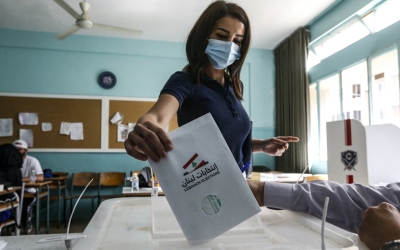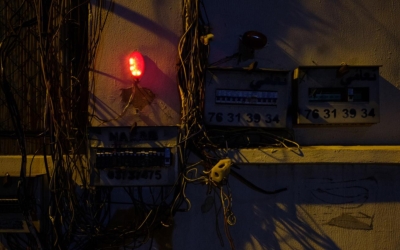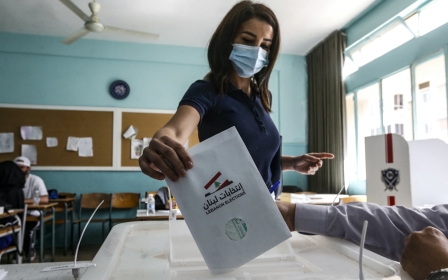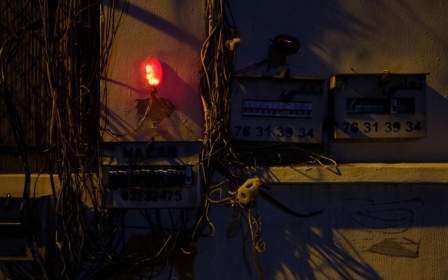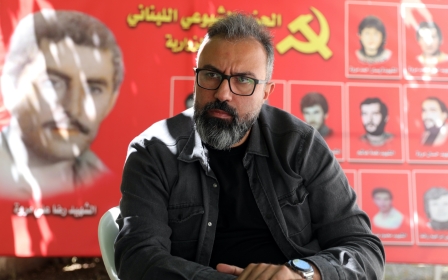Lebanon elections: Initial results show a fractured parliament and bruised egos
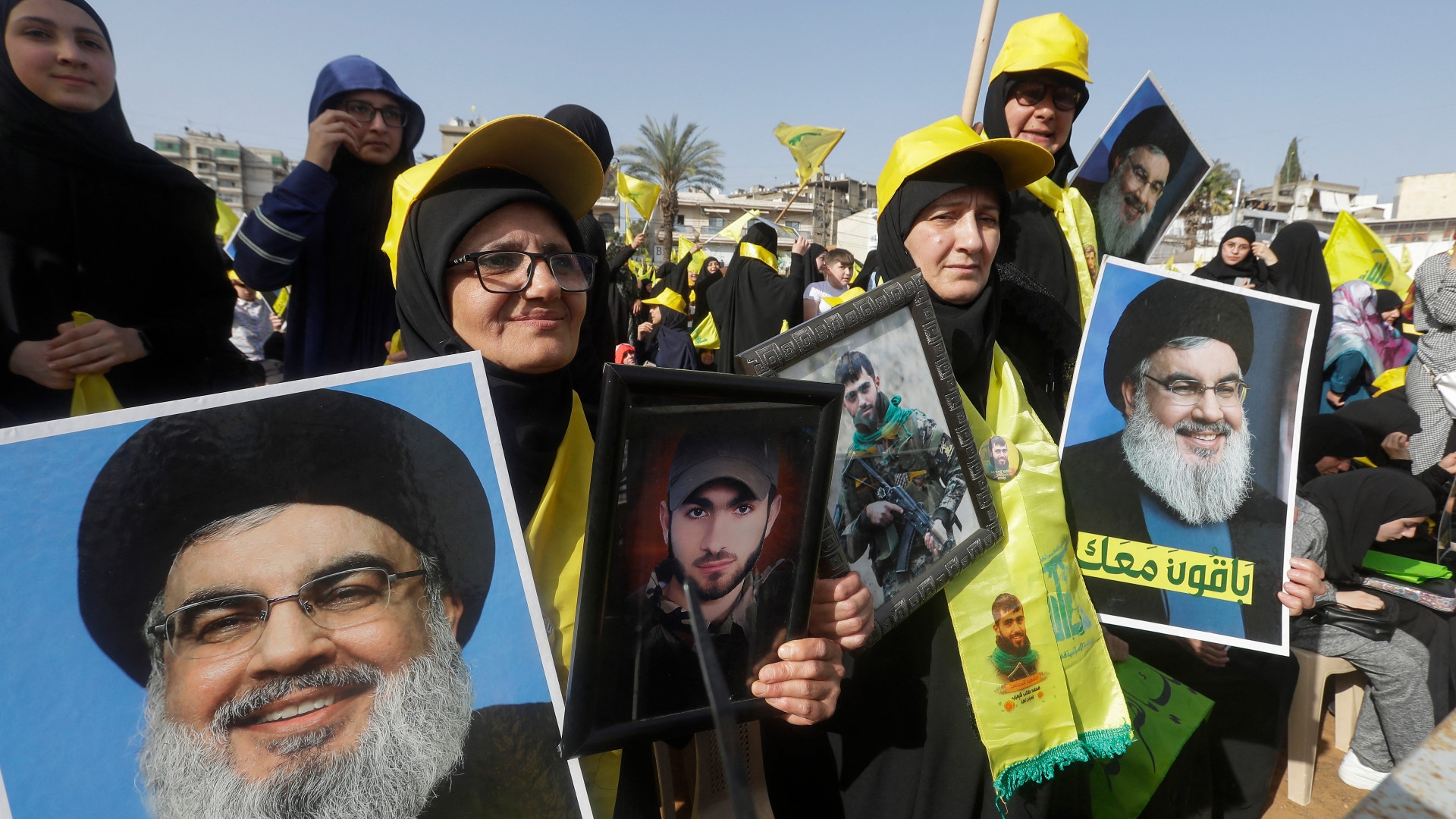
Preliminary results in Lebanon's parliamentary elections show some notable breakthroughs for independents at the expense of many heavyweight names and parties - with the right-wing Lebanese Forces party declaring significant gains.
Lebanese voted on Sunday in the first polls since 2018, a period that has seen a terrifying economic collapse, an anti-establishment popular uprising and the Beirut port blast that killed over 200 people.
Last time around, Hezbollah and its allies won a majority in Lebanon's 128-seat parliament, but there is some indication the bloc will not be able to repeat the trick as votes continue to be counted.
Results declared early on Monday point to a more fragmented parliament sharply polarised between allies and opponents of Hezbollah, an outcome analysts said could lead to deadlock as factions hash out a power-sharing deal over top state positions.
"If the deals of the past are dead, what kind of politics do we have apart from more sectarian tensions and a replay of some of the clashes we have seen?" Mohanad Hage Ali of the Carnegie Middle East Center told Reuters.
In one of the most startling upsets, Hezbollah-allied Druze politician Talal Arslan, scion of one of Lebanon's oldest political dynasties, who was first elected in 1992, lost his seat to Mark Daou, a newcomer running on a reform agenda, according to the latter's campaign manager and a Hezbollah official.
Initial results also indicated wins for at least five other independents who have campaigned to reform and bring to account politicians blamed for steering Lebanon into the worst crisis since its 1975-90 civil war.
'Major blow'
Gains reported by the Lebanese Forces (LF), a Saudi-backed Christian party, mean it would overtake the Hezbollah-allied Free Patriotic Movement (FPM) as the biggest Christian party in parliament.
The LF won at least 20 seats, up from 15 in 2018, said the head of its press office, Antoinette Geagea.
The FPM had won up to 16 seats, down from 18 in 2018, Sayed Younes, the head of its electoral machine, told Reuters.
The FPM has been the biggest Christian party in parliament since its founder, President Michel Aoun, returned from exile in 2005 in France. Aoun and LF leader Samir Geagea were civil war adversaries.
The LF, established as a militia during Lebanon's 15-year civil war, is one of Hezbollah's most vocal critics.
"Hezbollah's Christian allies have lost the claim to represent the majority of Christians," said Hage Ali, describing it as a "major blow" to the Shia movement's claim of having cross-sectarian support for its powerful arsenal.
Hezbollah and its ally, the Amal Movement of Parliament Speaker Nabih Berri, maintained their dominance of Shia representation, winning all the seats reserved for their sect, according to preliminary numbers from the two parties.
It remains to be seen whether Hezbollah's allies scooped up seats left empty by the withdrawal of leading Sunni politician Saad al-Hariri, particularly in Beirut and northern Lebanon.
The next parliament must elect a speaker - a post held by Berri since 1992 - before nominating a prime minister to form a cabinet. Later this year, lawmakers are due to elect a president to replace Aoun, whose term ends on 31 October.
Any delay in the cabinet formation - a process that can take months - would spell further delay to reforms needed to tackle the economic crisis and unlock support from the International Monetary Fund and donor nations.
An opposition candidate also made a breakthrough in an area of southern Lebanon dominated by Hezbollah.
Elias Jradi, an eye doctor, won an Orthodox Christian seat previously held by Assaad Hardan of the Syrian Socialist Nationalist Party, a close Hezbollah ally and MP since 1992, two Hezbollah officials said.
"It's a new beginning for the south and for Lebanon as a whole," Jradi told Reuters.
Nadim Houry, executive director of Arab Reform Initiative, said the results of 14 or 15 seats would determine the majority.
"You are going to have two blocs opposed to each other - on the one hand Hezbollah and its allies, and on the other the Lebanese Forces and its allies, and in the middle these new voices that will enter," he said.
Middle East Eye delivers independent and unrivalled coverage and analysis of the Middle East, North Africa and beyond. To learn more about republishing this content and the associated fees, please fill out this form. More about MEE can be found here.


